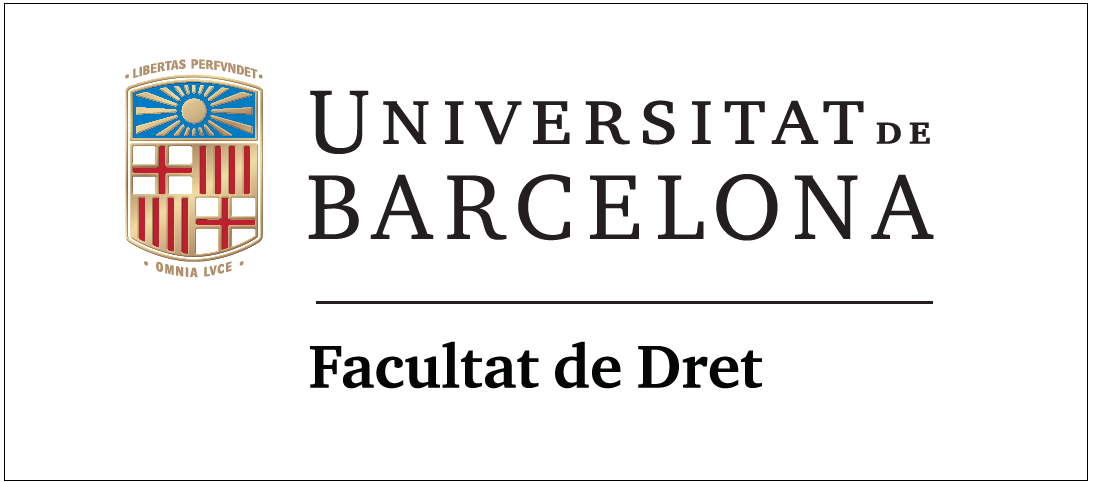Towards Universal Parenthood in Europe (Action grants to promote judicial cooperation in civil and criminal matters JUST-2023-JCOO Cristina González Beilfuss (PI), Beatriz Añoveros Terradas, Mónica Navarro Michel, Ottavia Cazzola Carmona
Project ID: 101137859
Web page
Summary:
The intersection between domestic laws and EU law for children moving across borders within the EU is complex and increasingly common. Judges apply European instruments to matters such as parental responsibility, maintenance or succession but these instruments do not cover whether a parental bond exists.
This is left to domestic law (Private International Law – PIL included). This situation may create obstacles to the exercise of the children and their families’ free movement rights and infringe/undermine human rights.
It was recently acknowledged that an action to support the recognition of parenthood between Member States was necessary: in fact, the European Commission recently presented the Parenthood Proposal COM(2022)695. However, until the new regulation is adopted, the effective and coherent application of the EU acquis depends on the operation of domestic law including PIL.
Therefore, this project aims to identify the good and/or bad practices that exist in situations concerning cross-border filiation, through the study of legislation, case law and legal literature of six Member States; as well as to support the possible transition to a new European regime on cross-border filiation and prepare legal agents for the changes that such regulation will bring.
It is an innovative project, which goes beyond the interpretation of EU instruments on parental responsibility and European rights and freedoms such as free movement. Its research will focus on highlighting the obstacles that may arise when acquiring parenthood rights, as well as identifying the possible impact that a new European regulation on Parenthood matters may have.
The UniPAR Consortium includes researchers from Belgium, Bulgaria, Croatia, Italy, Poland and Spain, who bring their expertise in parenthood matters, domestic and EU Private international law, EU law and Human Rights. This research project is co-funded by the European Union and is affiliated to the TransJus Institute, a research institute of the University of Barcelona, based in its Law School, which, in the face of current challenges, seeks to promote interdisciplinary research, through contact and scientific interaction between different areas of knowledge in the fields of Law and Political Science, as well as with other disciplines. It is also committed to making this cross-disciplinary exchange possible not only at a national level but also at an international and European level.
Target group: Judges, Lawyers, Notaries, Civil Servants, Law and Policy Makers, Academics, Civil Society.




 3 European research projects
3 European research projects